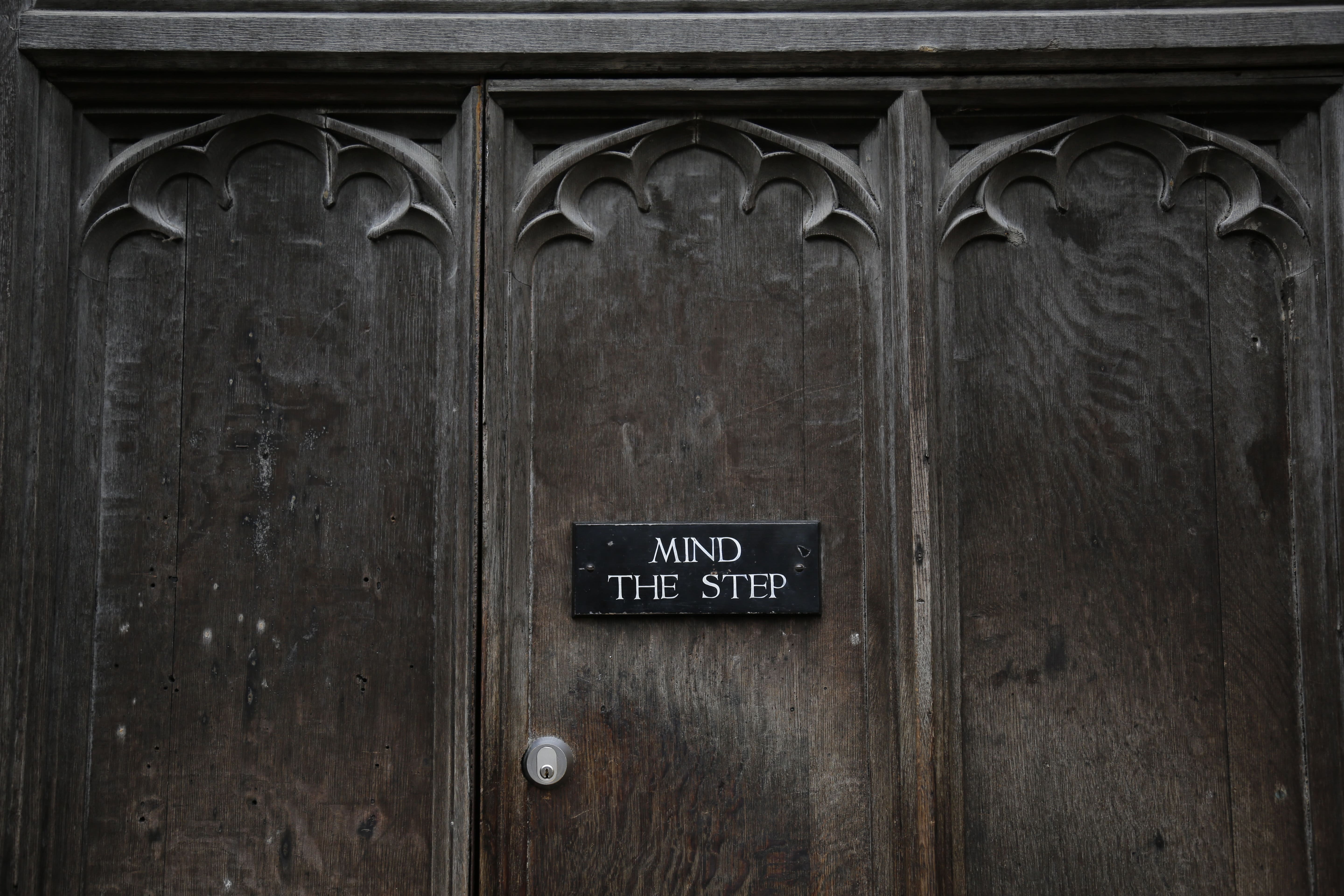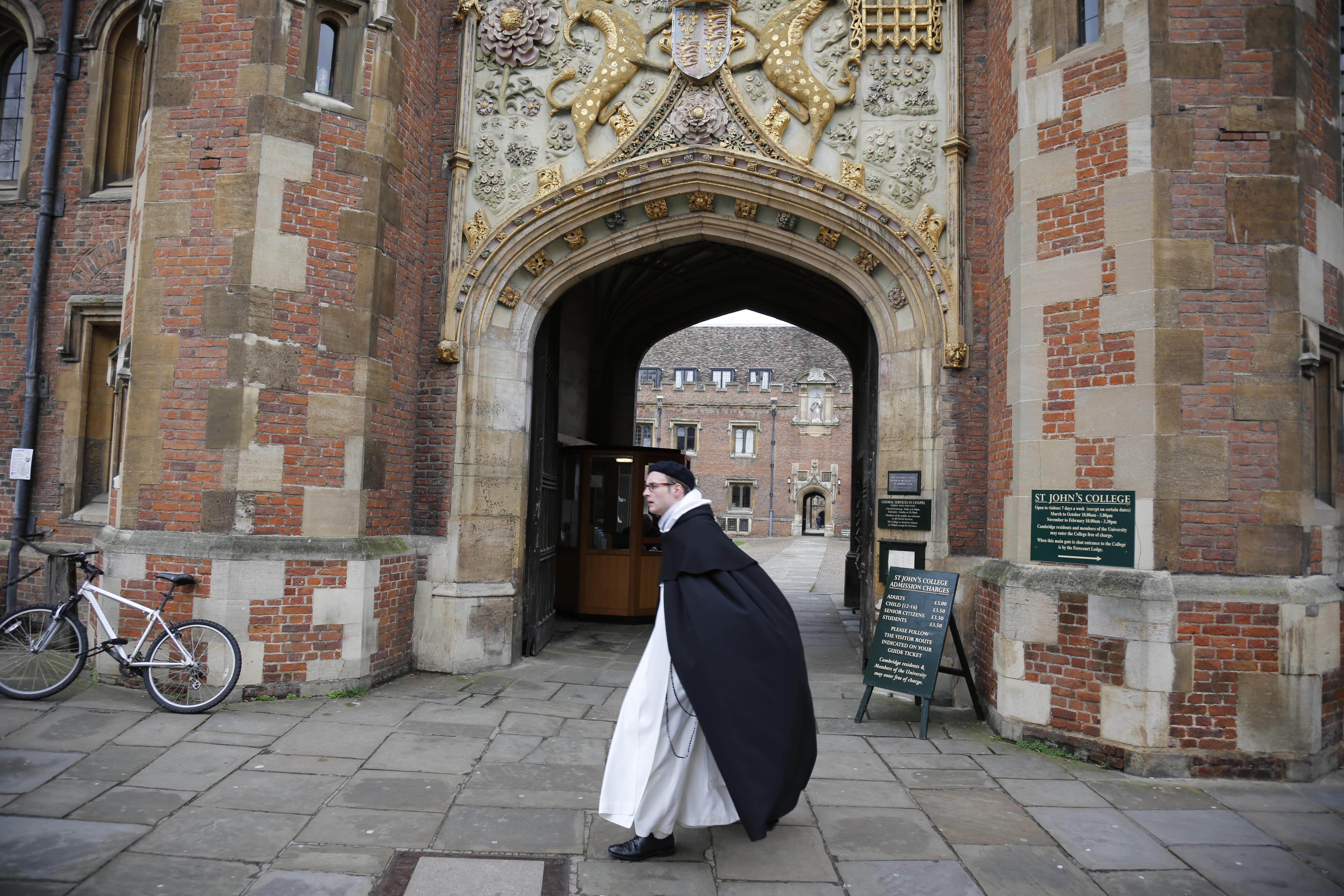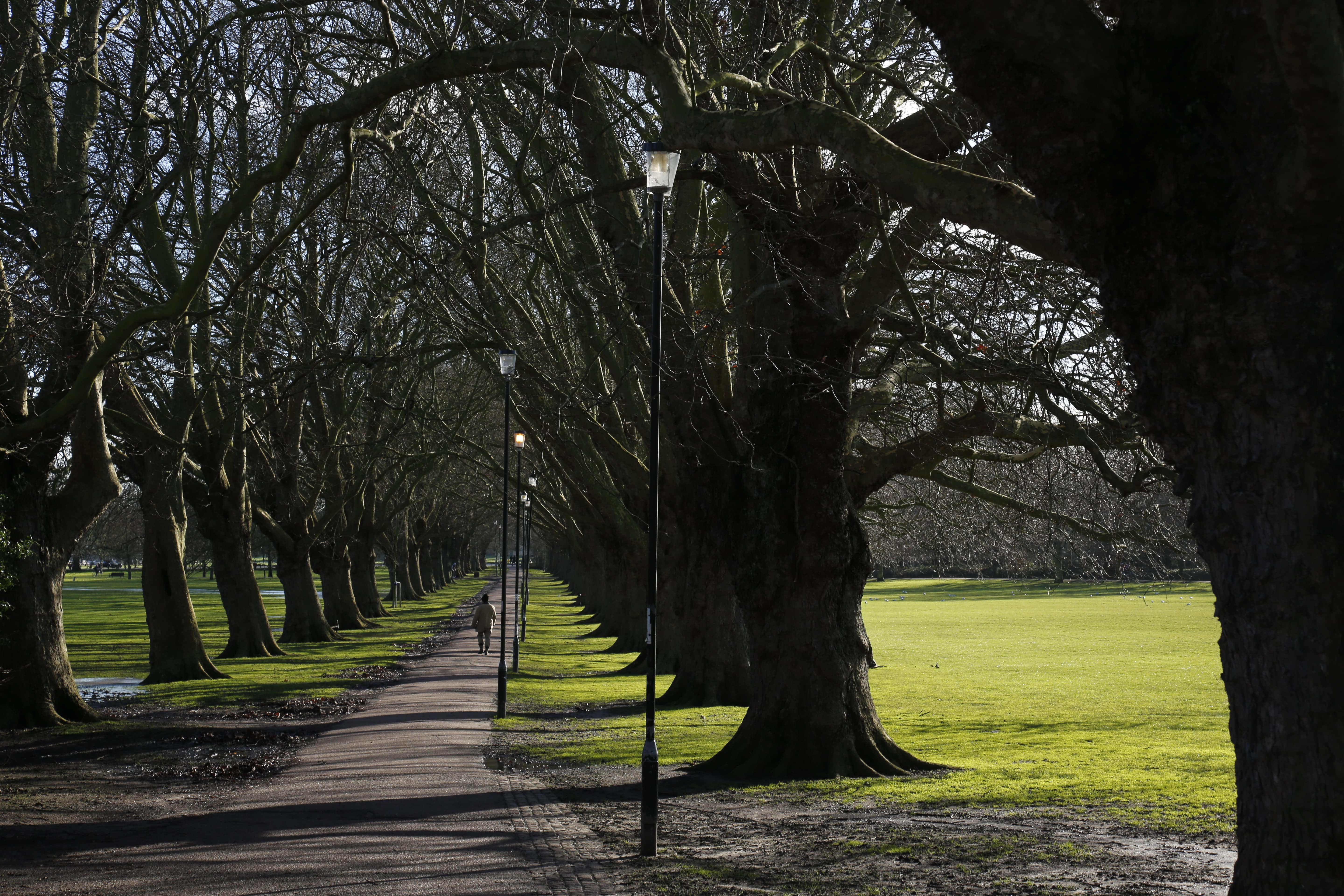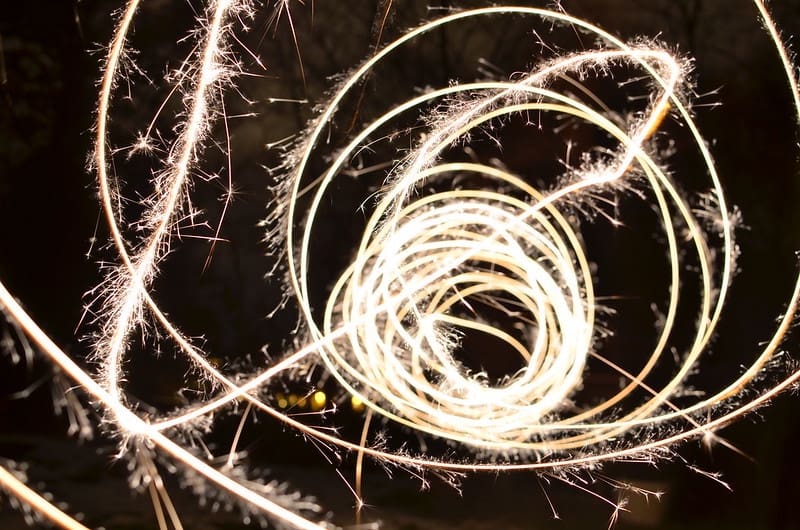
Interview with BCN dissertation award winner Linda Geerligs
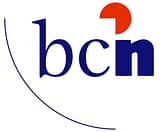
Writing your PhD thesis can be a struggle. What makes a PhD thesis ‘good’ and with what part should you start? Why not ask the winner of this year’s BCN dissertation award, Linda Geerligs? Linda is currently working at the MRC Cognition and Brain Sciences Unit in Cambridge after finishing her thesis about functional brain networks and selective attention in the ageing brain.
How are you doing in Cambridge?
I really enjoy living in Cambridge. Cambridge is a small city, comparable in size to Groningen, where I feel right at home. There are lots of nice places to visit, both inside in the city and in the surrounding areas. According to the British this area is very flat, but I really appreciate the occasional vista over the landscape when I am biking through the countryside. I also enjoy all the historical buildings that have been so well maintained, and the traditional pubs that you can find in every village.
The MRC Cognition and Brain Sciences Unit is a great place to work. A lot of interesting research is done with a focus on cognitive neuroscience, which makes it a very stimulating environment for me. Before I came, I was a bit worried that scientists in Cambridge would dedicate all their time to work, with no time for a personal life, but fortunately that is not the case at all.
Congratulations on winning the BCN prize for best PhD thesis. What do you think makes a good PhD thesis?
As a researcher, I really appreciate innovative, new ways of approaching existing questions, as well as doing solid research in which existing scientific knowledge is replicated and expanded on in smaller steps. Either or both can make a good PhD project, but regardless of which approach you use, I think an important aspect of any good thesis (in my field) is to provide a good overview of the field and to show how this research builds on and expands the existing knowledge. Some of my fellow PhD students wrote a review as one of their first chapters. Although this is not something I did myself, I think it is a good way to really get to know the field and identify potentially interesting and important research topics.
“Some of my best ideas occurred to me when I was biking home from work”
What are the pitfalls in writing a thesis? Have you encountered any problems while writing?
On some days I felt like I was in a ‘flow’, writing was easy and came naturally. However, on other days the process was much more difficult. When I was feeling stressed and I wanted to finish something quickly I had the tendency to keep trying. However, with writing I think this is not the best strategy. It worked better when I did something else first and tried again after a couple of hours or even days. Some of my best ideas occurred to me when I was biking home from work. Also when rewriting my own work, it was difficult to spot the weak points of the paper after having read it so many times. In those situations it also helped me to work on something else for a couple of days or weeks and reread it later with a fresh perspective.
What do you think is a good time schedule for writing a PhD thesis? When did you start and with which part of the thesis?
Directly after every study I completed, I wrote up the results for a paper. In this way, I gradually wrote most of the content of my thesis throughout the four years of my PhD. In the last year, I started working on the results and discussion sections of my thesis. For me that was a really good approach. During these four years I gradually got to develop my writing skills, through the comments and feedback that I got from my supervisors. I noticed that with every new chapter, the process became a little bit easier. In the end, writing the discussion and introduction was relatively easy because it followed naturally from the content of the other chapters. Of course this is not feasible for everyone because the structure of a PhD’s experiment timeline can vary so much.
“Experience is the main ingredient for developing good writing skills”
Have you done any courses on scientific writing?
No, I did not do any courses on writing. Over the years I developed my writing skills through a combination of different things. One important aspect was to read many papers and to get a feel for what makes a paper that’s enjoyable to read. Discussions with my supervisors were another important part. We talked about the best way to structure papers and about ways to guide the reader along, to make sure one section follows logically from another. And of course experience is the main ingredient for developing good writing skills.
It can be difficult to stay focused while writing. Did you have trouble with that and do you have any tips to stay focused?
Once I know what I want to write, staying focused is not a big problem for me. I have much more trouble when it is not clear how I want to frame something. In those cases, it really helps me to talk it through with someone and to make a schematic overview of the points that should be in the paper and how they follow each other in a logical order.
For four years you have mainly read and written in English. Was it difficult for you to write a thesis summary in Dutch?
Writing about my research findings in Dutch is a lot more difficult for me (and more error-prone) than writing in English. But even more importantly, I think writing the Dutch summary requires quite a different mind-set from writing the rest of the thesis. You think about different questions, such as whether your findings can be linked to the daily experiences of your readers in some way, and how it relates to things they know and care about. Thinking in this way makes it a little bit easier to translate some of the specialist English terms we use into something in Dutch that still made sense. This is difficult and time consuming, but it is important (and a lot of fun) to be able to talk to the general public about your work.
Notes:
Photo Linda by Michiel Hooiveld
Photos Cambridge by Sander Martens

